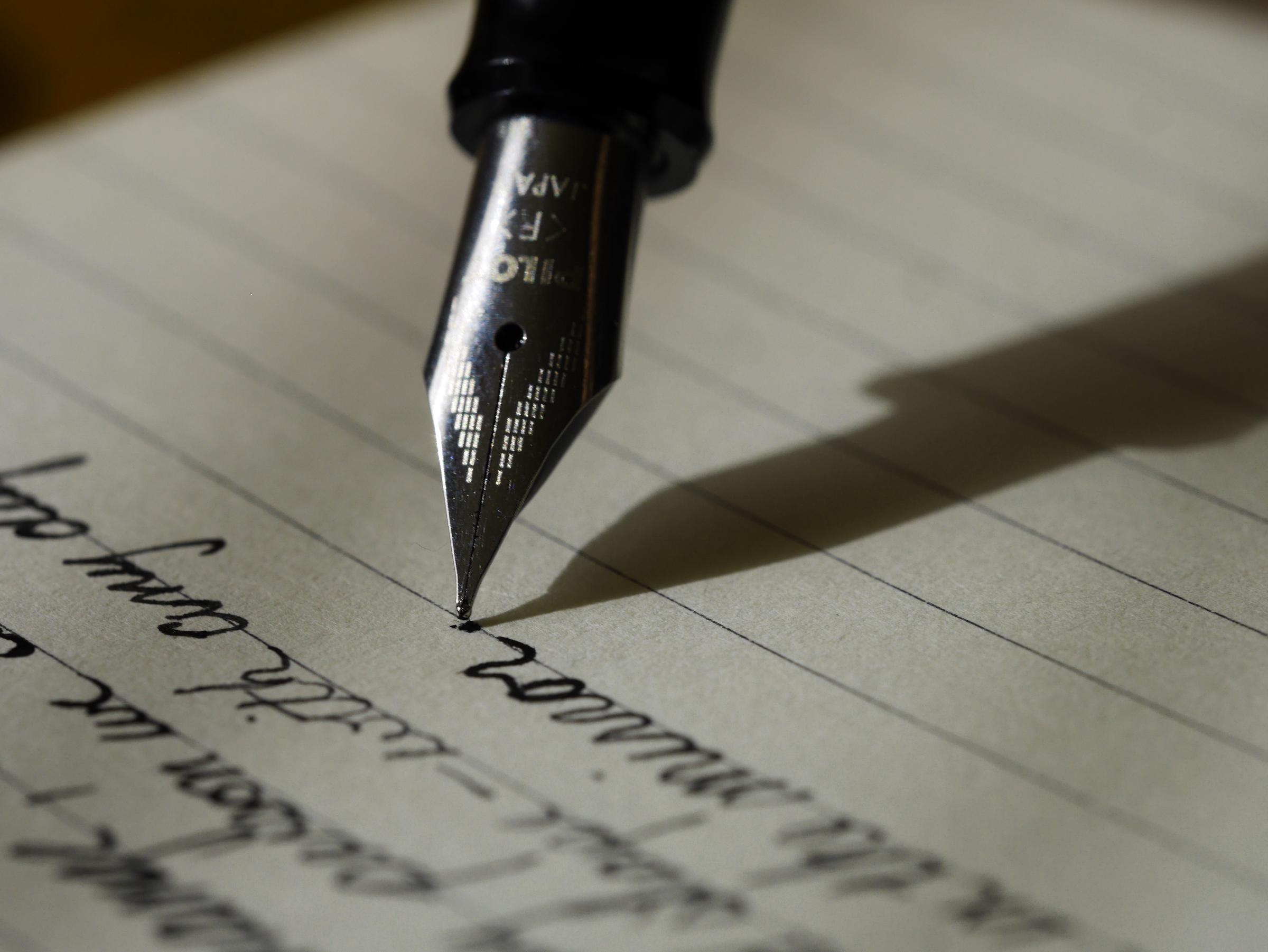Creative Corner

Ms Tedeschi's Class
In Ms. Tedeschi’s literature class, students were introduced to two perspectives of Captain Cook’s first interactions with the Gweagal people of the Eora nation upon first landing on Kamay (Botany Bay). According to Joseph Banks, two members of the mob shouted “warra warra wai”, which he interpreted to mean: “Leave! Leave our land! Leave us!” [source]. However, deputy chairperson of La Perouse Local Aboriginal Land Council Ray Ingrey clarified that it means “You’re all dead”.
"When our old people saw the Endeavour coming through, they actually thought it was a low-lying cloud because all they could see was whiteness. In Dharawal culture, that low-lying cloud means the spirits of the dead have returned to their country and so they saw almost ghosts. So when the two men opposed the landing, they were protecting the country in a spiritual way, from ghosts." [source].
Students were then instructed to rewrite this encounter in the perspective of the Gweagal people. Following is a response from Evie Taylor:
*
We watched from where we always did, when the new fish were circling the waters. They did not move with the tide the way all the other fish did, though they flashed with sparkling scales the way the usual fish did. There were so many, and so big, that Mob Leader told us to avoid them. Still, that didn’t stop me and Big Brother. We hid in the trees above the sand, and were the only ones around when the shiny scales started to move from the largest fish to smaller ones.
I wanted to stay and watch, watch the colours of their skin glint in the sunlight, but Big Brother meant to greet them when they approached our fishing ground. We climbed down slowly, Big Brother pulling his stick behind him, ever present since Mob Leader had gifted it to him, along with the name Big Brother.
They were loud, which surprised me. Fish are not loud creatures, and I learned my mistake as they drew ever closer. They did not have fins, the way fish did – instead they stood, covered in colour and still, some parts of them reflecting the light. Big Brother went first, as he always did. They got louder as we stepped towards our waters, calling to each other, waving their arms. Big Brother turned to me, wonder in his face.
“Warra.” He almost whispered to me, his eyes wide. I squinted into the sun, wanting to see what he did. As they moved, yelling and loud still, I saw. Between the shades of what I thought was their skin, was consistency.
I tripped closer, and they moved wildly, just like fish do when they notice the ripples of inexperienced feet. There was something under each of their skins, something under the colour and the scales that I had seen from up high.
It was… “Warra.” Big Brother said again, standing next to me. He pointed at them, and I nodded at him, a smile widening my face.
“Warra!” I called, back up the cliff-face, up to Mob Leader. He would have wanted to know that Warra was here. I turned away from the water for a moment, to see if they were coming down the rocks, just as we had, just as carefully.
In that moment, the world broke around me, and I had dropped the berries I had found with Big Brother. I turned back, in time to watch the fish – no, not fish, Warra – as they moved frantically, throwing sunlight at us with something that reflected and also delivered sound and light.
Big Brother was just as confused as I, his stick held comfortingly tight in his hand. We did not remember stories of Warra being able to control sound before, and deliver it to us as a welcome.
We know now, as we send Big Brother’s body off to meet the real Warra, that they were not welcoming us. And they did not think that we were welcoming them, with our stick and berries and dark skin without colourful scales called clothing. We were wrong to call them ghosts with wonder in our eyes. We know that now, as Big Brother drifts into Dreamtime – a warning for our mob to avoid the false Warra.
[Image description: in a previous lesson, Ms. Tedeschi was inspired by an activity run by Mr. Russell. Mr. Russel was teaching his Year 8 Humanities class about the destruction of Juukan Gorge by mining giant, Rio Tinto. Juukan Gorga was a site of exceptional significance for the Puutu Kunti Kurrama and Pinikura people and other Traditional Owners of the lands. Mr. Russell instructed his class to create artwork using traditional Aboriginal symbols, before it was destroyed by “the mining company” (taking the form of a student who was previously selected before the activity took place). Ms. Tedeschi was inspired by this activity and displayed the destroyed artwork in her classroom]

